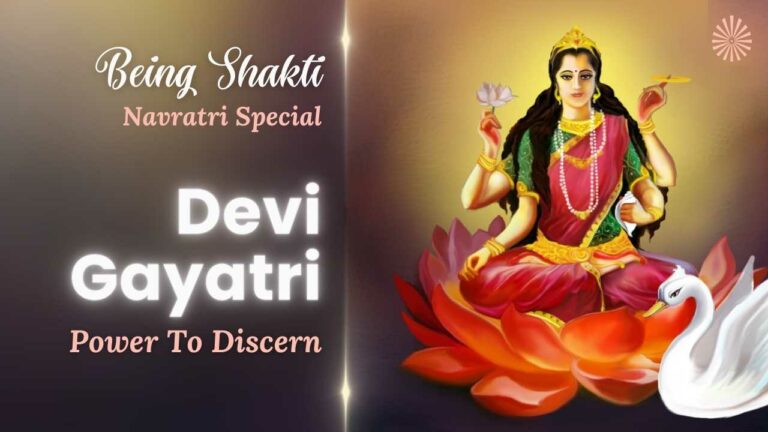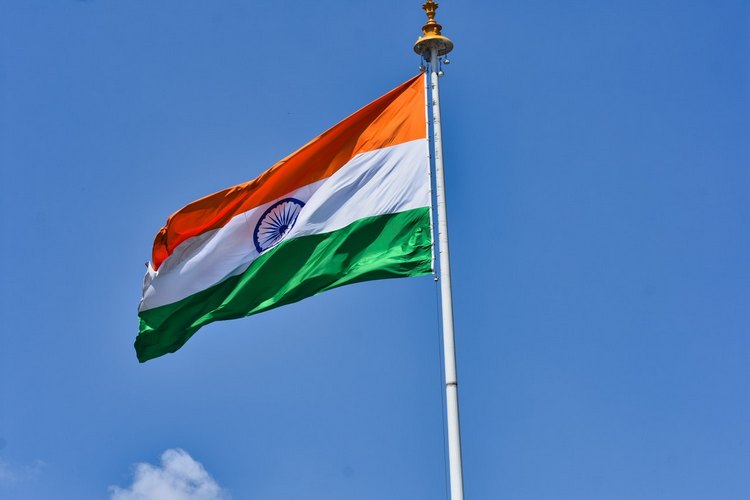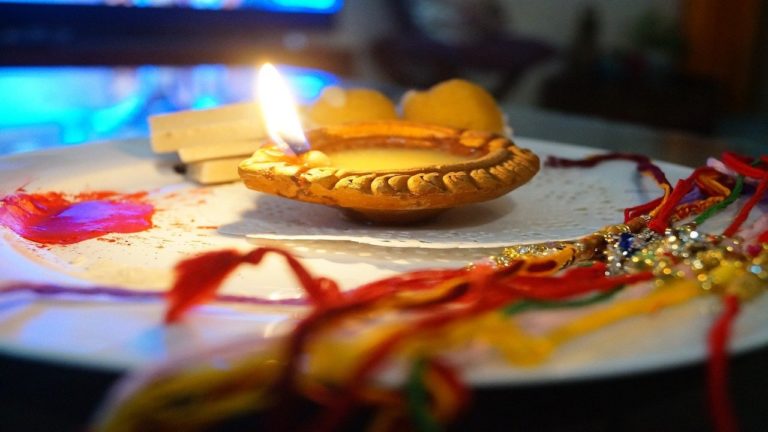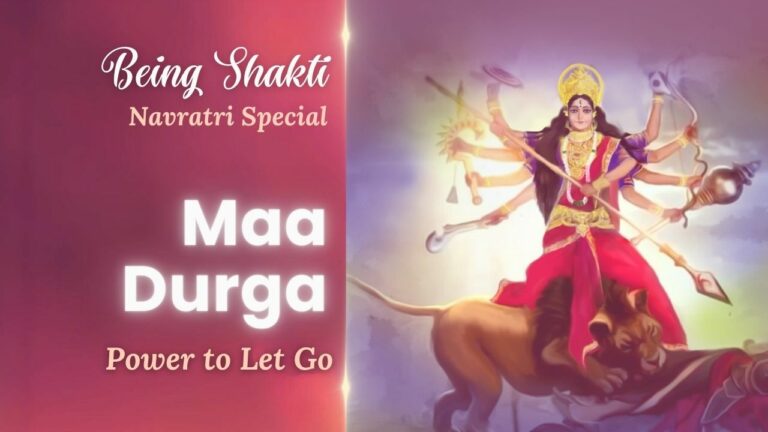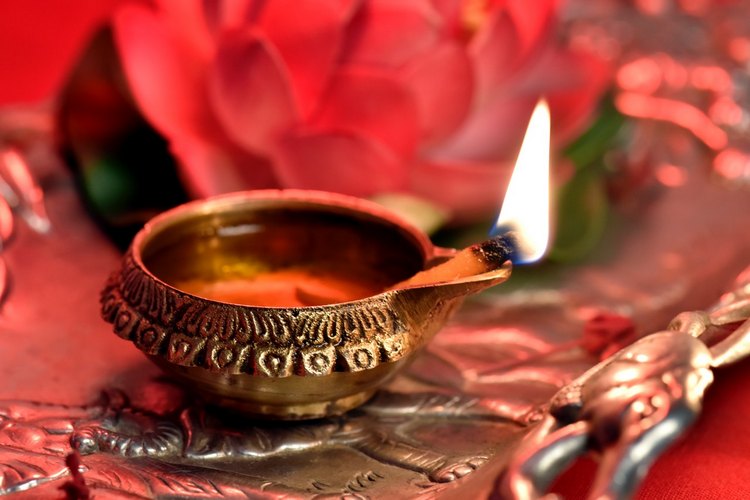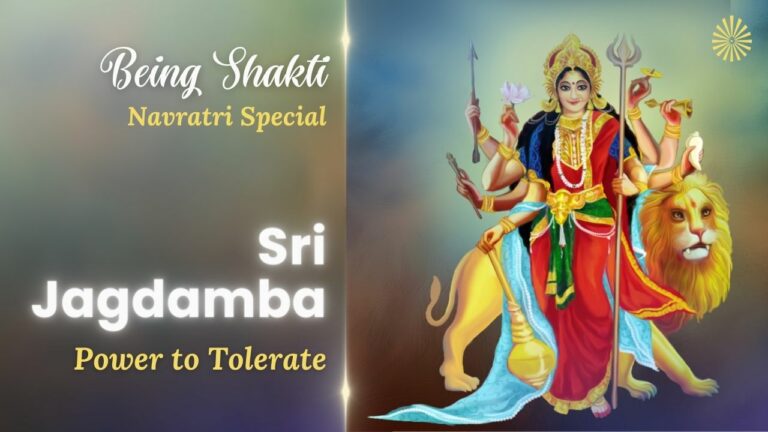We are just stepping out of the month which is of a great importance and pride for all of us, primarily because of the Independence Day being celebrated in the mid of the month. It is that time of the year again! The time when children in all-whites are seen waving their flags around on the streets, marching towards their schools, in anticipation of some laddoos when they return. The time when children set up in dead-straight formation in school playgrounds, marching to the drumbeat and paying homage to freedom fighters. The time when echoes of Jana Gana Mana and Vande Mataram come from Public Addressing Systems. The time when the 52-second chant of the national anthem brings a chill down every Indian’s spine. The time when saffron-white-green balloons are seen beating the birds that fly high in sky. The time when every Indian feels proud of being a citizen of the country which has a long and enthralling history. The time when we all feel liberated, and join in unison to celebratethe spirit of independence& freedom,commemorate the valour and sacrifices of our freedom fighters. This day is a reminder of the struggles of the people who lived in British colonised India and that the freedom we enjoy today has been earned the hard way so we must value it as well as make the most of it for our good and the good of our nation.
In the quotes of Mark Twain, well-known American author, “India is the cradle of the human race, the birthplace of human speech, the mother of history, the grandmother of legend, and the great grandmother of tradition. Our most valuable and most instructive materials in the history of man are treasured up in India only!” we are indeed privileged to be Indians. But do we feel this privilege only when we hear such praise of our nation, or read about the greatness of this most ancient land or celebrate Independence Day. Even if we celebrate it until the clock strikes 12 on August the 15th, everything reverts to a state of ‘normalcy’ on August the 16th.In fact, the very next day starts with a lazy thought of going back to sleep again for 5 more minutes, or the thought of “I wish it were another holiday today”, and as you sit down sipping your tea/coffee in your living room or office cafeteria,you ask yourself – “When will I get a chance to have free time for myself or to be with my family? When will I be free to celebratemy day as per my wish?”Not the ‘let’s all wear tri-color and take selfies’ celebrate, but celebrate freedom of thought, expression, and action. Although we have achieved self reliance to a great extent, but are we truly independent or are we still dependent on others?
Independence, synonymous to freedom, means ‘not subject to another’s authority’ or ‘not under outside control’ or to be sovereign. In terms of a country or government, yes, we are independent, if we look these definitions. Let us have a look at what could this independence mean for an individual and how to be truly in-dependent.
Becoming ‘In-Dependent’
Independence does not mean to live in isolation or break free from inter-dependence that we have with othersbeing a part of the society, but it does mean to be ‘in’-dependent i.e. dependent or our inner selves for what we think, feel, speak or do? Let us ask ourselves: are we influenced by what others are or do? Is what I think, feel, speak or do as per my free will or is it mostly (if not always) governed by what others think, feel, speak to me or about me or do with me?
As long as my activities are mere reactions to the actions of others- I remain a slave to other people or circumstances. And to come out of this slavery is true and everlasting independence.
What do we need to do to remain in-dependent? And the answer is Just be yourself. When we don’t know who we are, or what qualities do we have within us, we cannot be ourselves or rely on those qualities or characteristics of ours. Thus, we have to look upto others because that is what we think we better know than ourselves, and then act accordingly. This makes us lose our originality and we always find ourselves surfing other person’s mind to decide how our reaction should be, rather than realizing that an enormous amount of peace and love is waiting inside, to freely flow outside, for everyone. And as this continues, we find ourselves locked up in the cage of our creation of mental and emotional dependency, giving excuses and blaming others for our (re)actions.
Independence for All
Independence cannot be thought of or implemented independently or individually. It is always wholistic. We can see that often people claim their Right to speech and expression but try to curb other’s rights for the same. Also, some fight for their Right to Freedom of Religion, but in a way that snatches the Right to Freedom of Religion of others. If freedom of one person becomes bondage for others, can we call it real freedom?
True Independence is one that not just makes one free to express themselves but also allows others to have their free space to choose their response.If our freedom causes obstacles to others, then it is not true and everlasting freedom.In order to experience such freedom, we need to anchor ourselves strongly to our values and discipline. Although anchoring and freedom sound antonymous to each other, here is an explanation of what impact does this have on our independence?
Bandhan for Sustenance of Independence
“Behind real freedom, there lies discipline”
The Hindi word for independence is ‘Swatantra’ which is made up of two words ‘swa’ and ‘tantra’. ‘Swa’ means self and ‘tantra’ means governance or control. Hence swatantra means self-control or self-governance and to be truly free is to be self sovereign. Today, we have quite lacked the understanding of this word. We take this as, when there is no foreign rule, we are independent;while real freedom is being the master of our own self.
It is our self-discipline which if followed, reaps confidence of others on us andprevents others to exert control over us as we are already demonstrating a certain level of discipline. This ensures that our freedom is sustained. On the other hand, external rules- regulations- laws- controls have to be imposed when either there is no internal discipline or when the internal discipline is not sufficient to ensure proper order.
Secondly, demonstration of our self- discipline generates dignity for others and respect for their choices and space. This prevents us to intervene in the freedom of others and allow independence to be experienced equally by all.
Just like a kite can rise up the sky when bound to the string, we can also achieve heights of happiness and success in life, if along with freedom to fly high, we pay its price i.e. being bonded with responsibility and being self- disciplined. If we perceive that the string attached to the kite is restricting the kite to rise up and cut it, then instead of going up the kite falls astray.
“And to India, our much-loved motherland, the ancient, the eternal and the ever-new, we pay our reverent homage and we bind ourselves afresh to her service” a statement from the popular Pt. Jawaharlal Nehru’s speech “Tryst with Destiny”, which he made to the Indian Constituent Assembly in The Parliament, on the eve of India’s Independence, towards midnight on 14 August 1947, also co-relates independence with a bond or commitment necessary for its sustenance. Thus, this bandhan of self- discipline allows us to continue to remain free to fly high and allow freedom to be experienced by others.
Spiritual Significance of Raksha Bandhan and its relation with Independence
A very special festival that we celebrated last month after Independence Day was Raksha Bandhan. Celebrating Independence with a reminder of bandhan– this is what is needed to sustain freedom. How are the 2 festivals related, let us explore?
Since ages, we have been celebrating the relationship of a brother and sister in the form of this festival. However, if we peep in our cultural history, this festival was not celebrated in the form it is celebrated presently. Previously, it was known as ‘Vish- todak parva’which translates to- a festival that breaks poison (or vices). Referring to the vices in our consciousness, this festival used to mark the event of giving away or renouncing some of our vices and taking a pledge of not indulging in them ever after. On this daybrahmins used to visit every household during this full moon day of Sawana month of Hindu calendar. Because brahmins were considered pure, they used to ask every member of that house, be it male or female, young or adult, to take a pledge or vow of purity of thoughts, words and actions by giving up of any negativity that they want to renounce. Once they took that pledge, they were tied a sacred thread. The brahmins even tied this sacred thread on windows and doors with the feeling that what ever enters the house should also be pure and positive.
Why was tying a thread chosen as a ritual for this day? This thread was tied on the right wrist of people. Right wrist signifies righteousness. Moreover, whenever we do some action, it is mostly our right hand that is been used (except for some who be left- handed or ambidextrous). So, the thread tied on the right wrist was symbolic of a reminder before we actually perform some act- that while tying this thread we had renounced our vice(s). So, now that we are about to perform some act, it should be devoid of vice(s).
Alternatively, this festival was also called ‘Punya-pradayak parva’ which means a festival that bestows merit, goodness or nobility. It was understood that as one gives away his vices, his goodness is revealed and he starts doing acts that are pure and noble, and as such acts reap good merit, goodness is bestowed and the person is blessed with good fortune.
As time passed, sight of pure brahmins who maintained celibacy or brahmacharya, became rare. Young girls in the household, also known as kanyas, who are still considered pure even in this age, were then chosen as instruments to tie this sacred thread and ask others to take a vow of purity. And much later when the sex-ratio got screwed up and finding a kanya in every household became difficult, this responsibility was passed on to sisters, as the relationship of a brother and sister is considered very pure.
Protection through Purity
That was about the bandhan, but what about Raksha? How does tying a thread after taking vow of purity protect us? This reasoning is deep rooted in spirituality. It is of utmost importance to understand that against whom or what so we need or seek protection. It is not any person or situation that we need to be protected from, but the negativities that we face day and night, in the form of persons or situations that are of greater harm and damage. There is a famous proclamation: “Ships don’t sink because of the water around them. They sink because of the water that gets into them.”It means that no amount of negativity outside can harm you, until you allow it to enter into our consciousness. And negativities can enter our consciousness only when we fall weak against them. Just as an infection targets only those with lower immunity while those with higher immunity or resistance remain unaffected, the viruses of vices and negativities affects the consciousness of those with lower spiritual immunity. One who has a higher level of spiritual immunity can easily remain safe amidst the negativities around. The only way to increase our spiritual immunity is to get rid of our own weaknesses/ negativities/ vices, that open the door for more vices to get in. Therefore, renunciation of vice(s) and a vow to never allow them enter our consciousness is the best way of protection that we may ever think of.
As it is said in Shrimad Bhagavad Gita: “A man’s own self is his friend. A man’s own self is his foe”, this festival of Raksha Bandhan reminds us of this vow to protect ourselves from the vices within. It has nothing and absolutely nothing to do with the protection of honour or dignity of a women or a sister, ensuring her freedom. As a matter of fact, it is not just women who need such protection from the evils of and in the society, but even the men are in dire need of it in the current scenarios. In fact, if we all take a pledge to uphold our spiritual greatness and not to indulge in any form of vice, namely- lust, anger, greed, attachment or ego, no sister or women or no human being for that matter will ever need any protection from anyone else. Thus, safeguarding ourselves and honouring the independence of others on this planet is everyone’s duty, be it a man or a woman. But gradually, as the significance of this day, i.e. to renounce any vice, was forgotten and lost, this became a commercializedfestival proving the fairer sex to be the weaker sections of the society who demand protection (as the rituals were being performed by sisters) and confining only the male sibling to be responsible and bound for her protection.But more than a gift to a sister, it is this gift of pure intentions that we need to give to the world, to ensure that everyone is able to enjoy their share of independence and freedom.
Protection of Purity
After acknowledging the truth that it is our purity of thoughts, reflected in words and actions that protects us, a big concern that surrounds the mind is- how do we sustain our purity?
To take a vow to renounce a weakness or vice, once in a year, doesn’t mean that we have got rid of it completely and become pure in order to remain protected all the time from the negativities outside. Being free from any negative and being truly independent needs a constant and conscious effort or check until it becomes our natural consciousness.
The solution to this lies in adopting a way of life which makes keeping this check and maintaining this purity a natural and easy process. This, in terms of spirituality, is better known as Rajyoga, which is defined in Shrimad Bhagavad Gitaasthe bestway to remain pure by becoming introvert and realizing yourself as a pure being- child of the Supreme. When we look inside, we find our true self and then we can clearly make out the layers of our consciousness and differentiate between the original and acquired. Sorting our originality out of the mixture of the two is to actually become ‘in’-dependent, because what is acquired is in control of others (persons and situations).The more we experience our original self, the betterwe can maintain it, thus, protecting our purity and making it our natural consciousness. All the more we enter into the loop of purity, ‘in’-dependence, purity. What further helps us in this endeavour is the realization of the Supreme who is our eternal Father and Mother. This completes our original identity.Then establishment of a relational bond with Him is like establishing a permanent connection with the power- house. Since He is ever- pure, i.e. having the highest energy of purity, and as energy flows from higher to lower potential, we can receive as much power of purity as desired. This connection with the Supreme thus becomes the supreme form of connection or Rajyoga.
